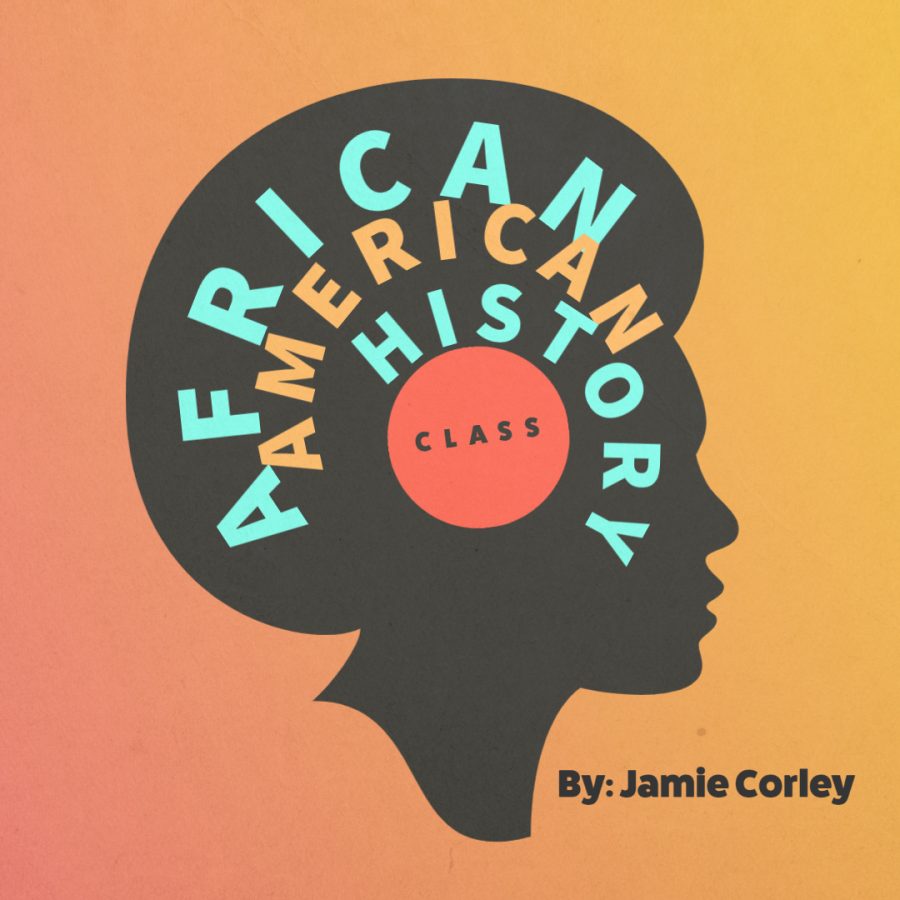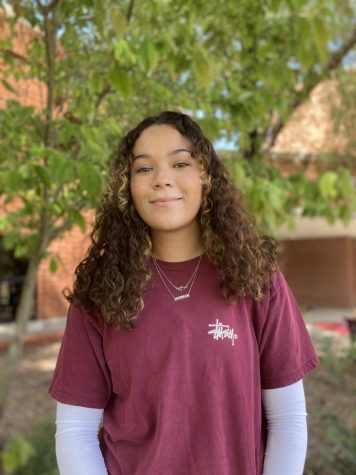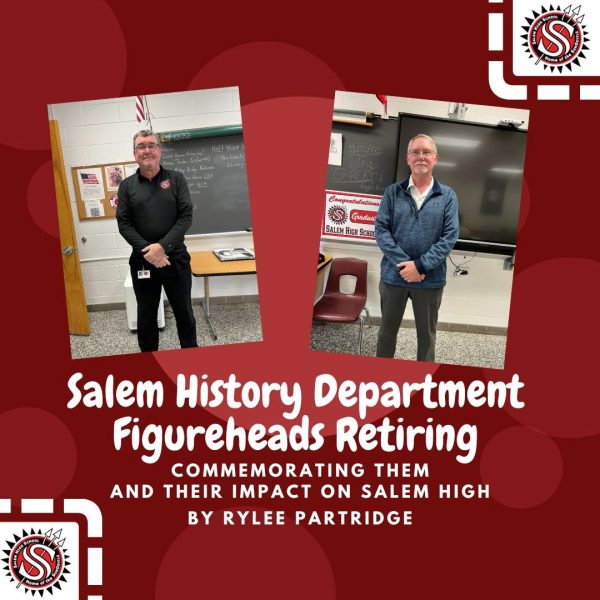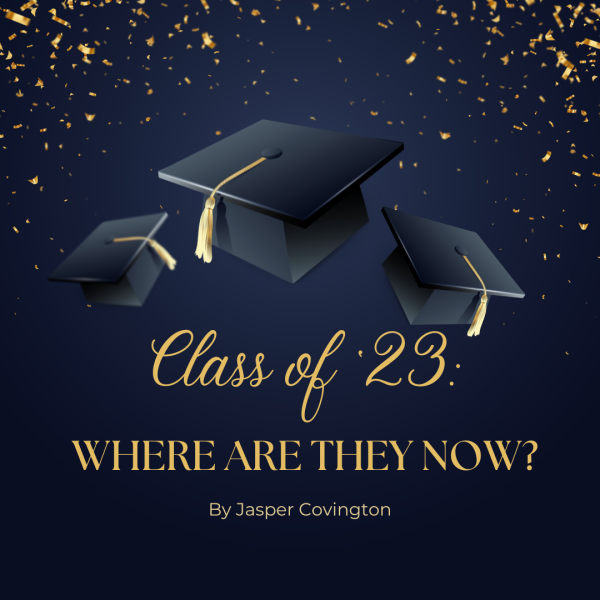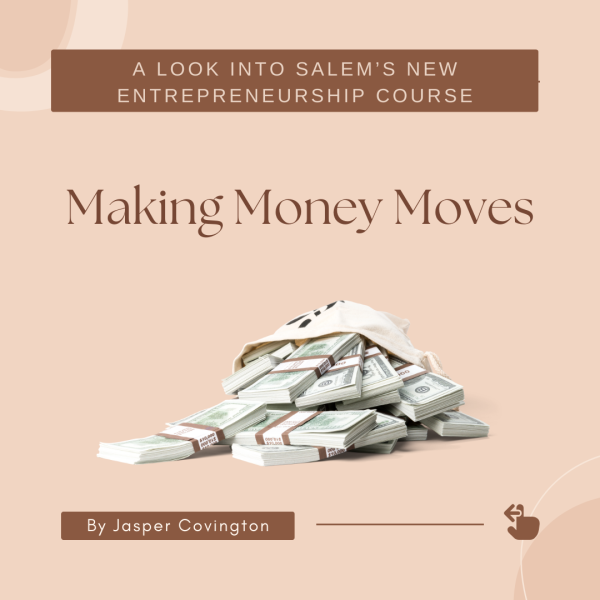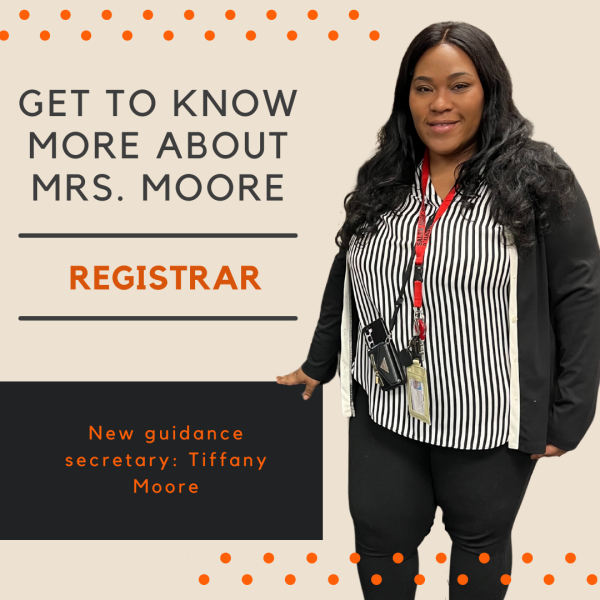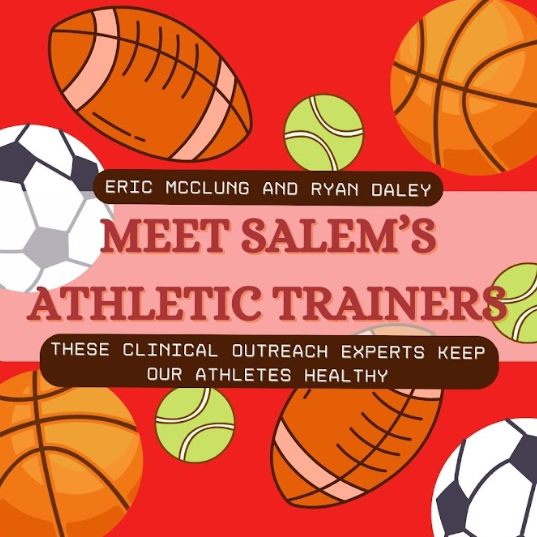Learn More About African American History
New history course offers a new perspective
October 11, 2021
The initiative to bring African American History to Virginia Schools was pushed forth by Governor Ralph Northam in 2019.
Northam’s website notes that “Black history is American history, but for too long, the story we have told was insufficient and inadequate.”
The African American History elective takes a deeper dive into the history of people of color starting with the origins of humanity and working its way up to advocacy and justice. It is a full year course.
The African American History elective is taught by Mr. Marcus Johnson-Williams. This is Johnson-Williams’ first year at Salem.

The course acknowledges the sensitivities of African American History while also letting students form and discuss their own opinions.
“I was expecting this class to just be like a normal history class, but it’s more than that, we have deeper discussions,” said senior Ellie Calkin.
The course outline includes subjects such as: African American’s roles in the early stages of American history, how African Americans helped shape the United States, and how slavery contributed to racism in the United States and other countries. The class also covers the achievement gap, segregation, and the treatment of African Americans today. The class will learn about “not only the experience of the African American,” said Johnson-Williams, “but also the experience of the African king and the European king and the slave trader.”
The course also teaches “ancestral Africa, the Atlantic world, rebellion, the Constitution and how the Constitution denied life, liberty, and the pursuit of happiness in its earliest stages for the African American in America,” said Johnson-Williams. “It addresses modern Black America, the arts, the road to brown and how desegregating potentially led the road to the achievement gap.”
The course is a “good step,” said Calkin “because in order for change to occur we need to act, and this class seems like a good start.”
The class helps students gain “a different perspective of history” according to Johnson-Williams who encourages all students to take the class.
“This course is designed to be inclusive in all aspects,” said Johnson-Williams, “and it is a class looking to bring all of us together.”
The class takes place on A days during the 3rd block.
“I definitely would recommend this class to everyone,” said Calkin.
